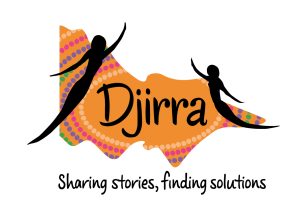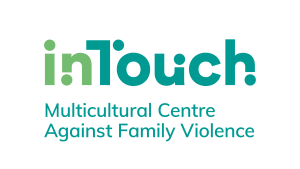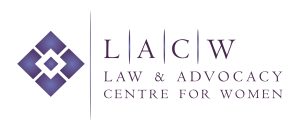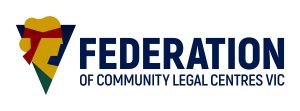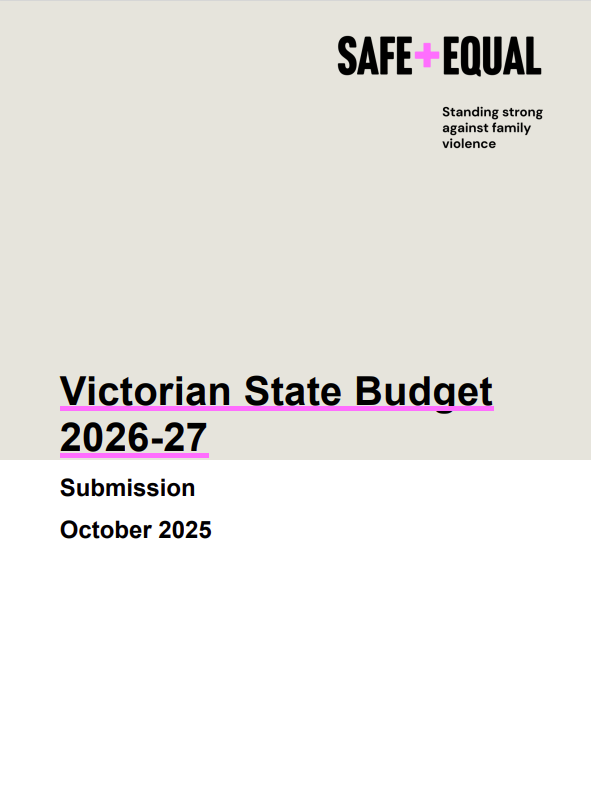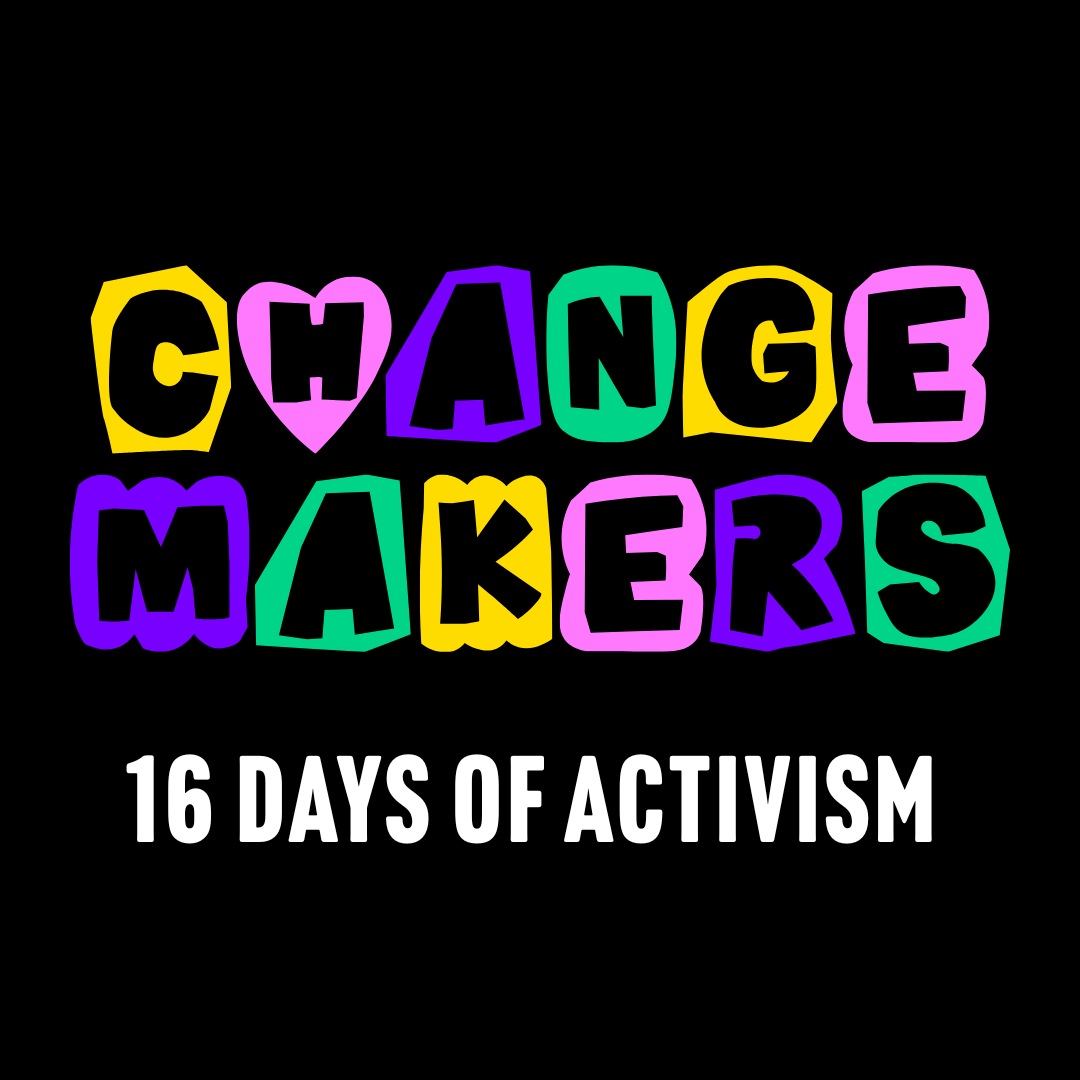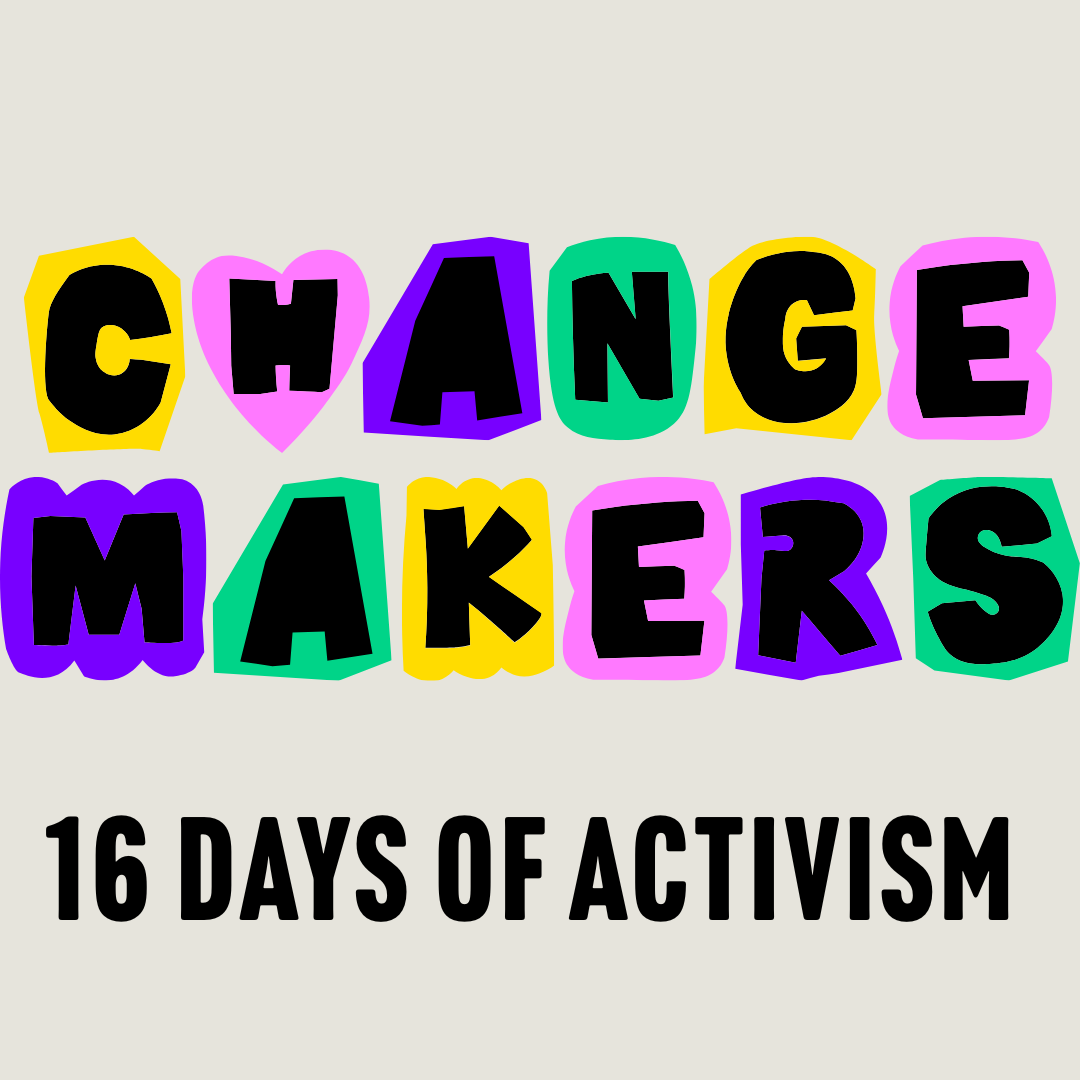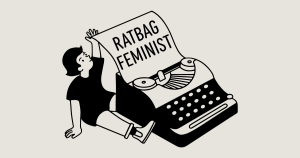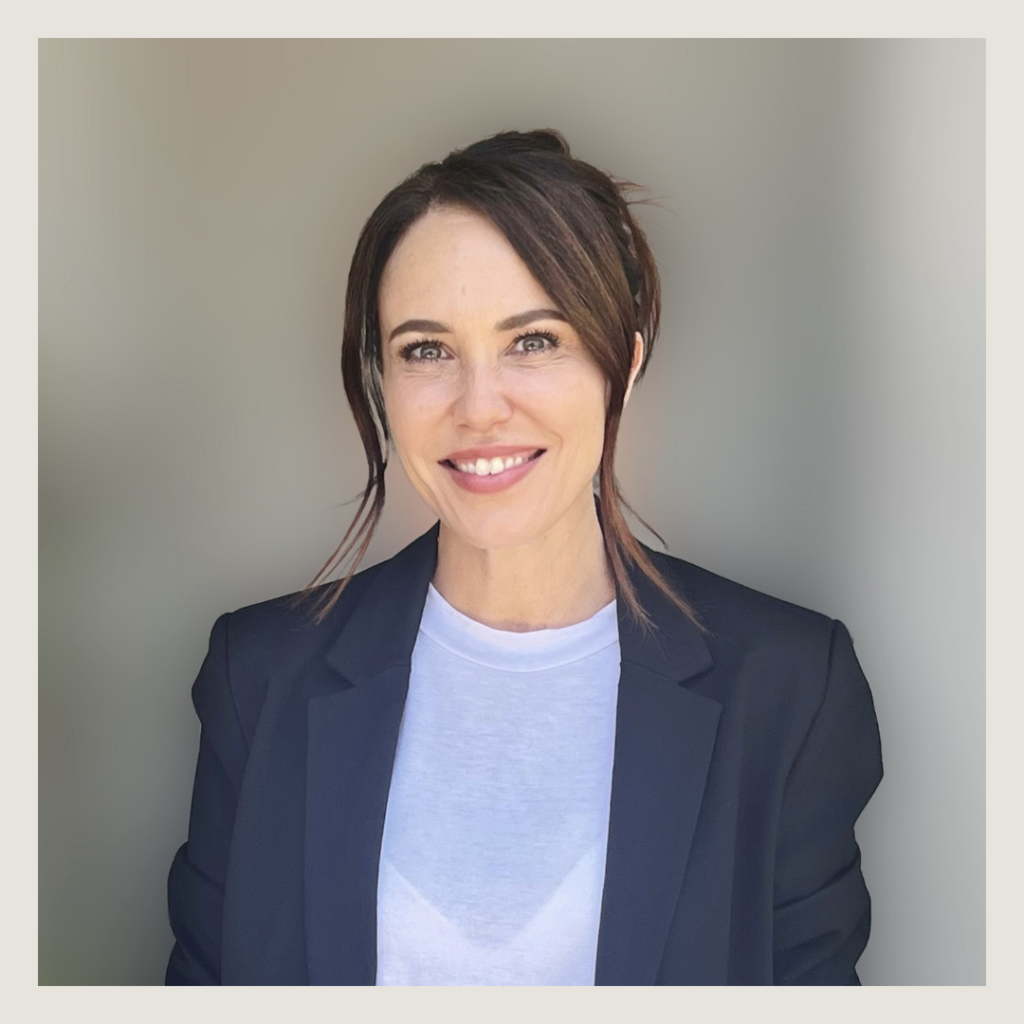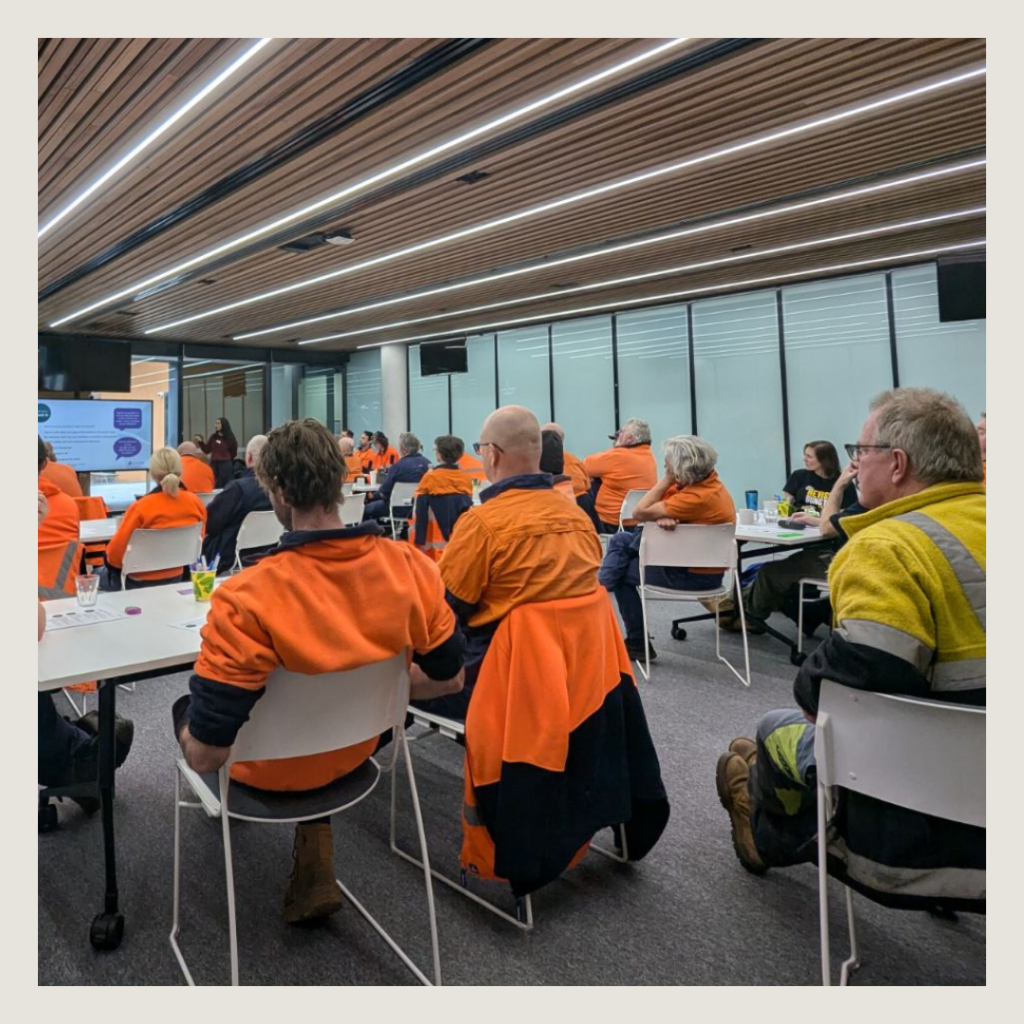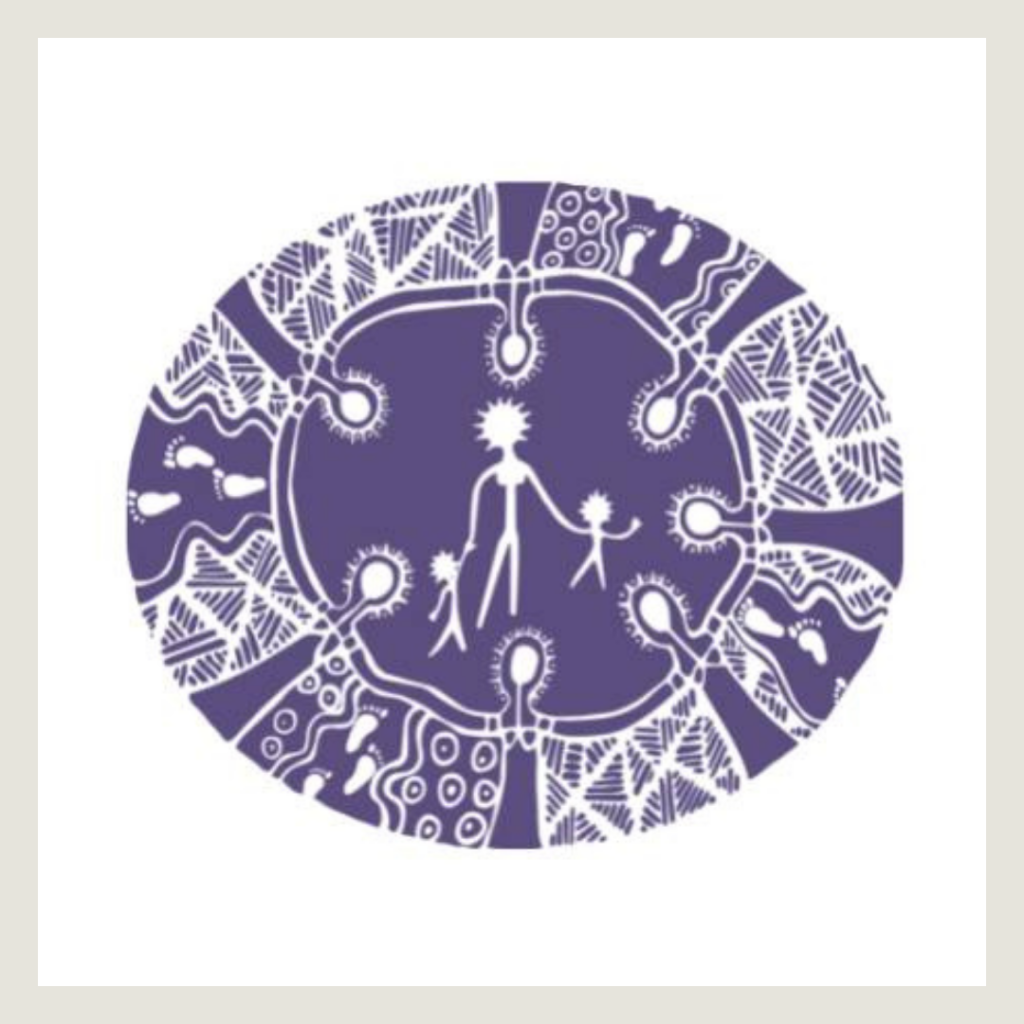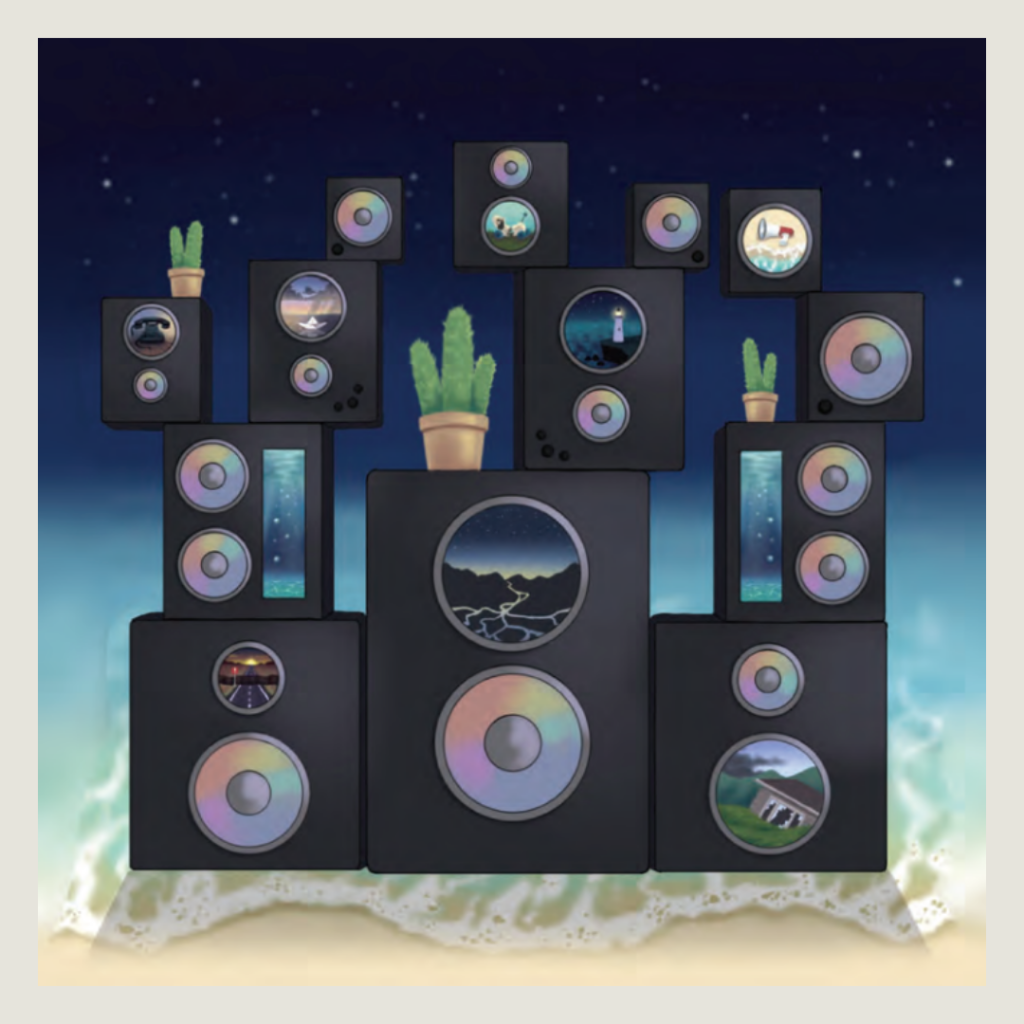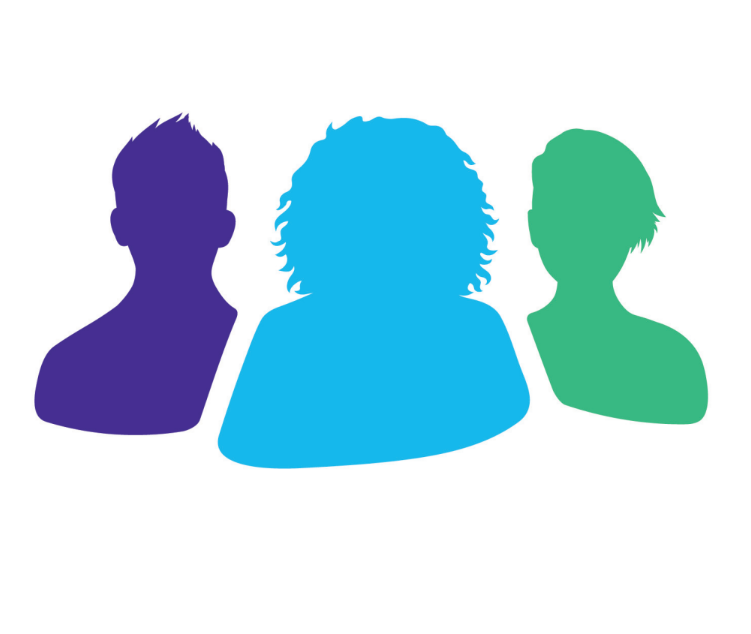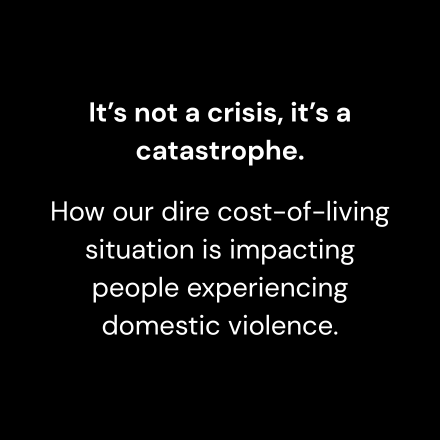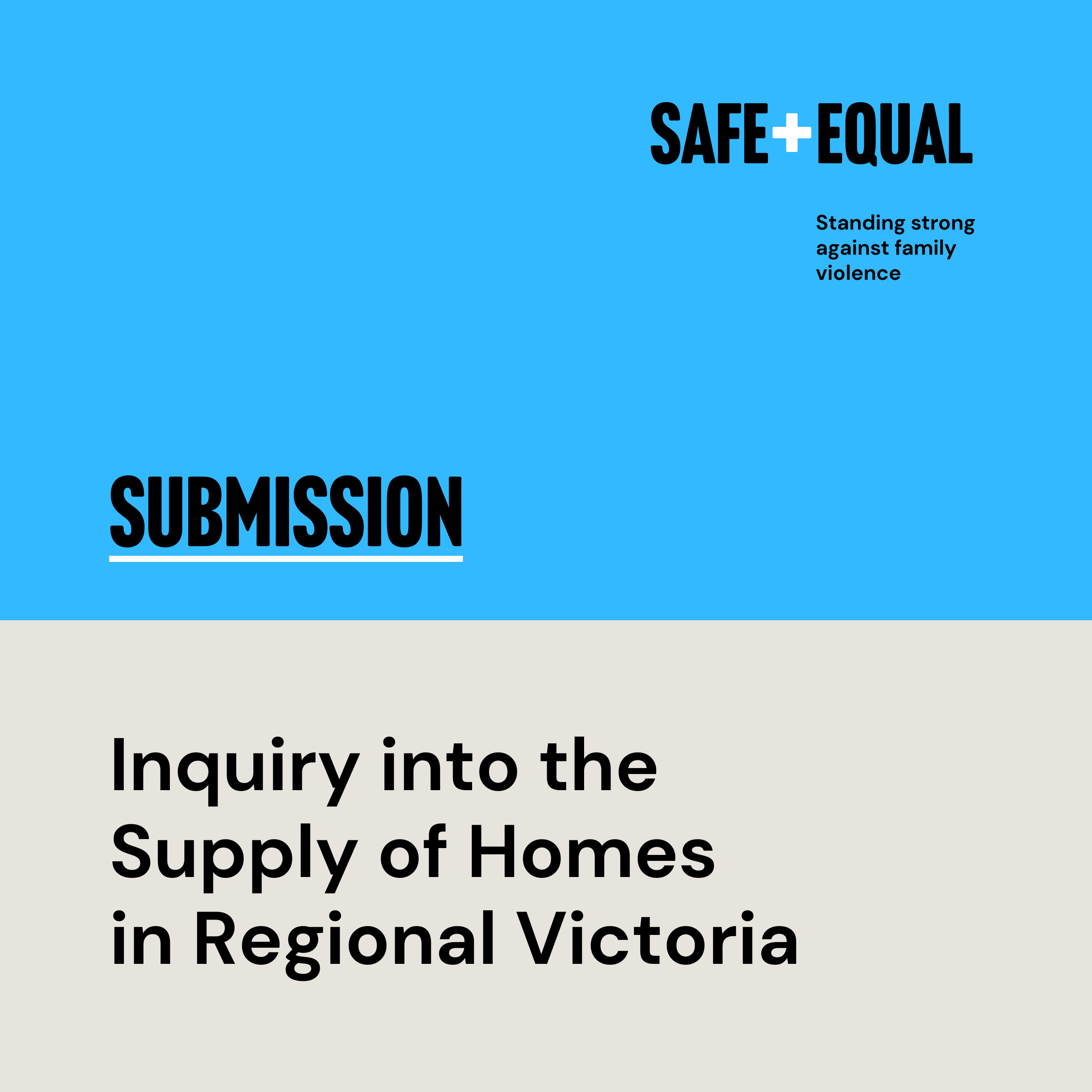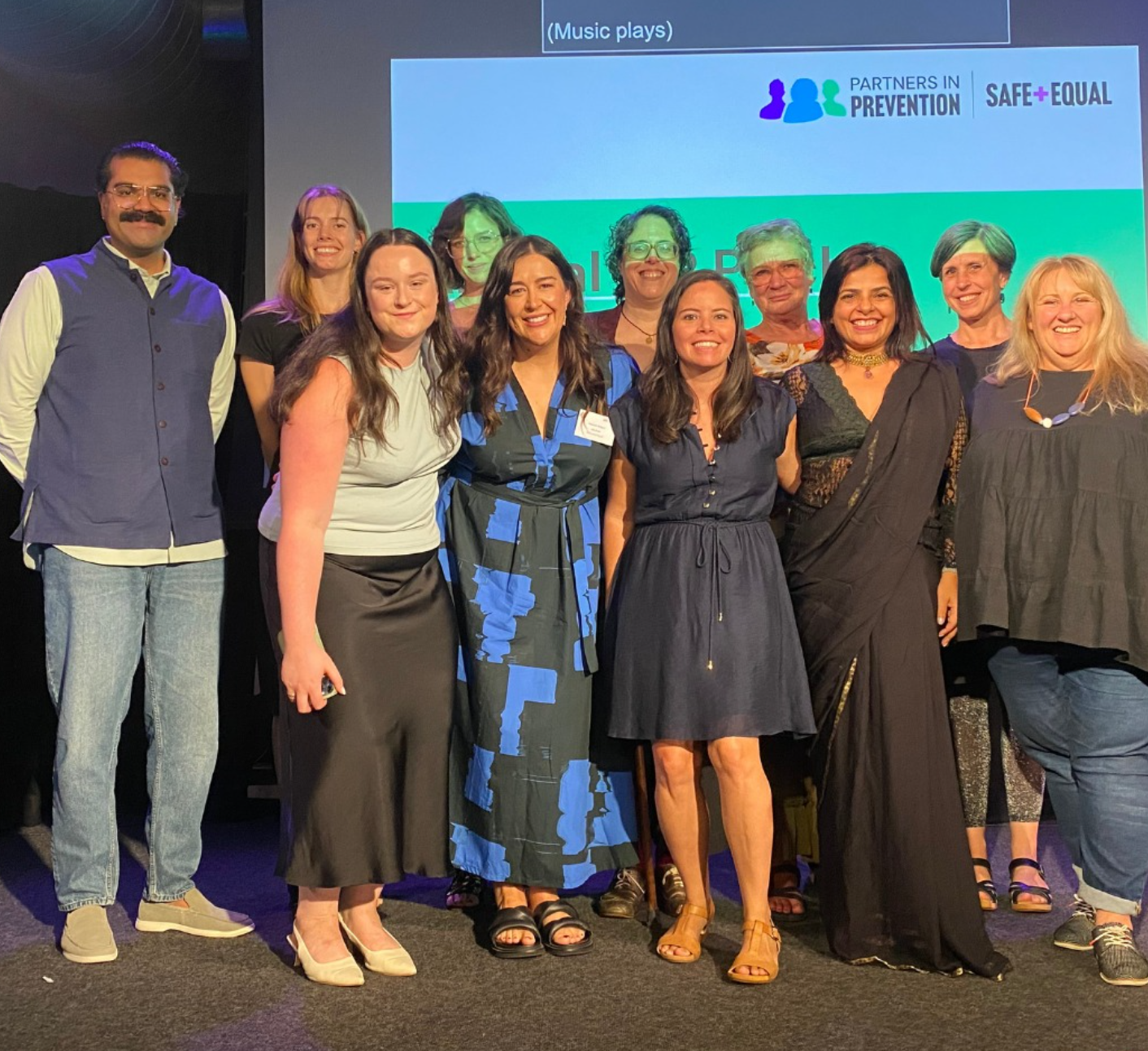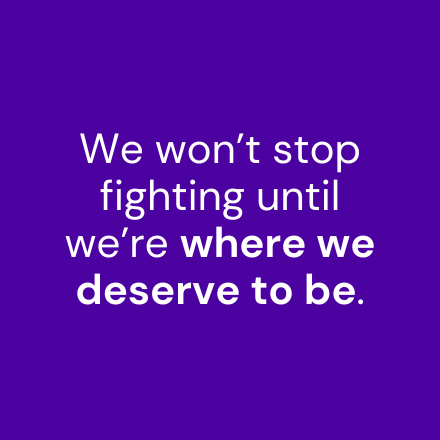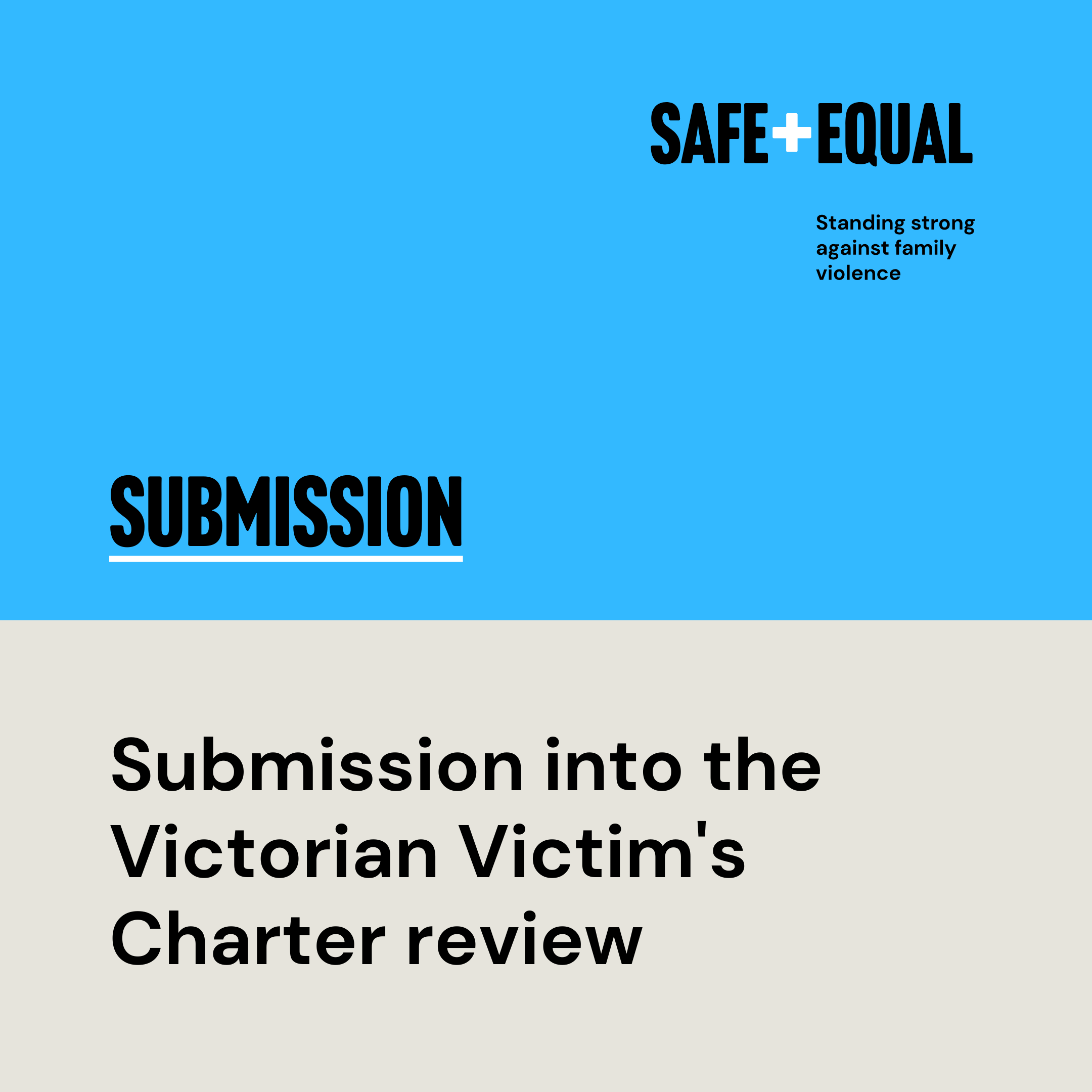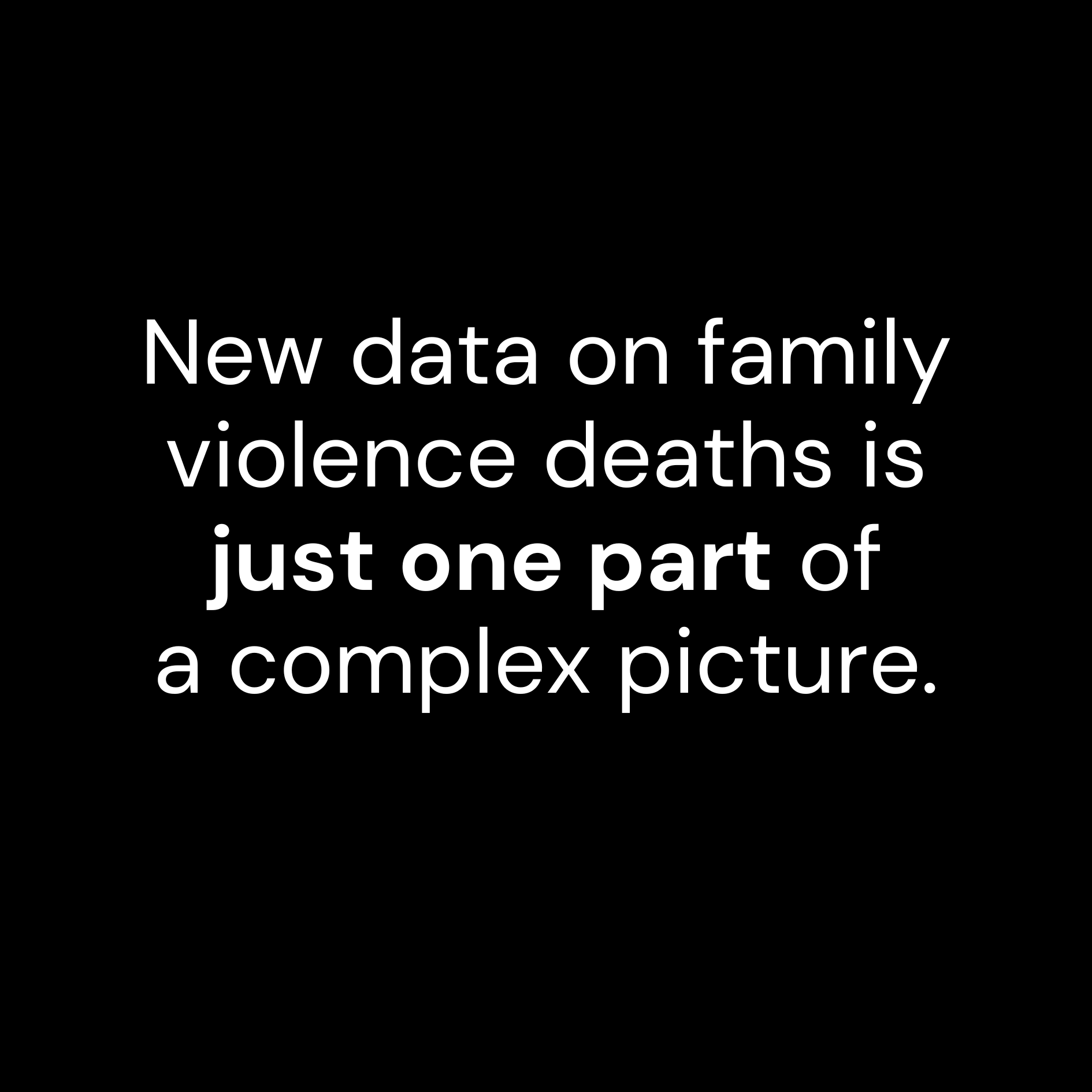Throw into the mix prohibitively expensive house prices, rising rental costs due to record low vacancies, and not enough social housing to meet rising demand, and many Australians are finding themselves facing housing stress and the risk of homelessness for the first time.
As we head towards an election on 3 May, both cost-of-living and housing affordability have emerged as two ‘big ticket’ items for voters.
But while these issues are currently impacting most Australians, regardless of background, identity or experiences, you may not be aware of how they are impacting people experiencing family violence in multiple and overlapping ways – with catastrophic consequences.
Let’s break down why, and what that looks like.
For victim survivors of family violence, cost-of-living and housing issues are heightened and deeply intertwined with experiences of abuse. When the cost of living is high – when everyday essentials like food, shelter and healthcare are too expensive – there are more barriers to being able to safely leave an abusive relationship, seek support and recover from violence.
Firstly – we know family violence tends to spike in times of crisis, including natural disasters and periods of economic stress. Anecdotally, we’ve been hearing from specialist family violence services that more people have been seeking support for family violence, with an increase in the risk and complexity of cases. Here in Victoria, the number of family violence incidents attended by police has reached an all-time high, increasing 11.3% from 94,166 in 2023 to 104,786 in 2024.
Even outside times of crisis, the prevalence of financial and economic abuse is high. According to the Australian Bureau of Statistics’ 2022 Personal Safety Survey, one in six Australian women (around 1.6 million) have experienced economic abuse by a partner. This can include things like denying access to household funds, stopping or sabotaging a victim survivor from earning their own money, and controlling all spending and financial decisions.
This form of abuse is especially insidious because it keeps a victim survivor financially dependent on their perpetrator, trapped living in a constant state of fear but unable to safely escape.
Picture a woman – perhaps she’s your friend, or neighbour. She’s in an abusive relationship and desperately wants to leave with her children, but her partner controls the finances. She has no assets, no savings, and no day-to-day access to money. Her abuser does not allow her to work. He has isolated her from her family, friends and community. She has nowhere to go.
How can she possibly escape her abuser when she cannot afford to put fuel in the car, buy groceries for herself and her children, or purchase phone credit? As these expenses rise, the ability to safely leave becomes even smaller.
Rising costs also impact pathways to support for people experiencing violence. Even something as simple as going to the GP has become prohibitively expensive. This means victim survivors are delaying support for injuries and illness resulting from abuse – and is a crucial missed opportunity for healthcare providers to recognise family violence and offer support.
Access to financial support for people experiencing violence is not a new problem, and we certainly have seen state and federal governments take steps in the right direction, with programs and funding available to assist people leaving abusive relationships. However, many of these initiatives are not widely known about, or are difficult to access with restrictive eligibility criteria.
Additionally, as the cost of living rises, we’re finding the financial support on offer may provide short-term, temporary relief, but is simply not enough to cover all the expenses a victim survivor incurs when leaving – and is certainly not enough to support them to reach long-term safety and recovery.
This brings us to one of the biggest problems facing victim survivors: even if they do manage to escape, where are they supposed to live?
Amidst a national housing crisis, many victim survivors are facing an impossible choice between violence and homelessness.
The current housing crisis has resulted in a sharp increase in housing stress and homelessness for many Australians – and victim survivors of family violence are particularly at risk.
Across the country, we are feeling the severe impacts of a deeply unsustainable housing system. Rental vacancies have plummeted to record lows, resulting in less options and more competition for renters. With this higher demand and competition, the properties that are available are more expensive.
In fact, there are virtually no regions in Australia where rents are affordable for households relying on Centrelink payments. Currently, the national median rental is $643 a week – for a single person receiving JobSeeker payments, this equates to 110% of their income. For someone working full-time on minimum wage (around $915 per week), rental payments would comprise most of their income, leaving them in significant rental stress.
You can imagine for a person escaping violence with minimal or no income, competing for a private rental – or managing rising rents – is not just hard, it’s impossible.
What about public housing? Despite victim survivors of family violence being a priority group for long-term accommodation, there are more people in need than properties available. The system is completely buckling under the strain of high demand, meaning victim survivors are facing long wait times – an average of nearly 20 months – for safe, long-term accommodation.
This means more victim survivors are reliant on temporary housing options, including crisis accommodation, for longer periods of time. However, our dedicated refuge system is not big enough to meet demand, meaning hundreds of victim survivors and their children are placed in unsafe and unsuitable motels – sometimes for months.
Pushed out of the private rental market, waiting too long for public housing, and with no other options, many victim survivors are having to decide whether they remain in an abusive home or escape and face poverty and homelessness. Devastatingly, this means family violence has become the leading cause of homelessness for women and children in Australia.
With victim survivors relying on homelessness services for extended durations, this already under-resourced system is at breaking point. Between 2011 and 2022, the number of people in Australia receiving accommodation support for over 12 months rose by 76%.
A 2024 report by Homelessness Australia found that, in 23 specialist homelessness services surveyed across a two-week period, services were unable to answer phones for 325 hours, front doors were closed for 200 hours, and 666 urgent emails went unanswered. The survey also found that families with children seeking crisis accommodation were turned away on one in five of the days surveyed, and individuals without dependents were being turned away on one in two of the days surveyed.
The question remains: where is someone escaping violence meant to go if the systems designed to support them are completely overwhelmed? Unfortunately, when there’s absolutely no options, many will return to their home – and their perpetrator.
These issues also impact victim survivors even when they are supported to remain in their own home (and their perpetrator leaves). If there are no available housing options for their perpetrator, he’s much more likely to attempt to return to the family home, putting the victim survivor and her children at further risk of abuse.
And for people who experience overlapping forms of discrimination and marginalisation due to race, migrant status, disability, age, sexuality or gender identity, the risk of poverty and homelessness is even higher, and the barriers to access and support even greater. Imagine living with a disability and trying to safely leave a violent relationship when your abuser is your carer or is withholding essential medication from you. Imagine trying to seek family violence support when your English is limited and you have no friends, family or community in Australia.
A devastating cycle: family violence and economic inequality.
Cost-of-living and housing issues are further exacerbated by the broader economic inequality experienced by all women – not just those who experience family violence. Women remain disproportionately in lower-paid occupations, and in part-time or casual work. They also experience significant pay discrimination, being paid less on average for the same full-time roles across every industry and occupation in Australia. For every $1 on average a man makes, women earn 78c. Over the course of a year, that difference adds up to over $28,000.
This economic inequality is driven by rigid gender stereotypes that position men as holding power and authority (the traditional role of the male “bread-winner”), and women as subservient (expected to remain in the home and raise children). We’re seeing the impacts of this on women across their lifetimes: 18% of retired women have no personal income, and older women are one of the fastest growing cohorts of people experiencing homelessness.
These rigid gender roles and outdated beliefs also drive violence: when women are kept in entrenched and inescapable systemic poverty – when they are not allowed to work, earn less than men, and have minimal assets, savings or superannuation, they have limited or no means to escape abuse. The long-term economic consequences of this are significant. ‘The Cost of Domestic Violence’, a recently released report by Anne Summers highlights the ongoing impact family violence has on women’s employment and education.
Summers’ report lays bare the economic price women who experience abuse pay across their lives, with many unable to attain a degree or remain in the workforce due to domestic violence. In 2021-22, there was a 5.3% gap in the employment rate for women who had experienced intimate partner violence (76.1% employment rate), compared to women who had never experienced violence (81.4% employment rate). For economic abuse specifically, the gap was even higher at 9.4%.
This is a devastating and frustrating cycle: economic inequality (exacerbated by rising costs of living) fuels violence against women and makes it much harder for a victim survivor to escape abuse; and experiences of family violence impact their employment and education prospects, further fuelling long-term economic inequality.
What needs to change?
There will never be one clear, simple solution to addressing cost of living and housing issues – particularly in the context of family and gender-based violence. These are complex, multifaceted issues that require long-term, nuanced responses. Progress is slow, and permanent change takes time.
However, there are certainly things we can do right now – above and beyond what is already being done – that would go a long way towards addressing the economic inequality that allows violence to thrive; and allow victim survivors to safely escape abuse without the risk of poverty and homelessness.
From a housing perspective, we need to see significant government investment in social housing across the nation, alongside a broad overhaul of the private rental market to increase affordability and availability. This includes mandated programs to support victim survivors to access affordable, long-term rental properties.
At the crisis level, we desperately need increased investment in specialist family violence and homelessness services, and an immediate increase to crisis accommodation capacity – in Victoria, we’d like to see a commitment to double the capacity of refuges to approximately 340 households.
There also needs to be an increase in support for victim survivors to remain safely in their own homes, including providing more housing options for perpetrators.
At the same time, an overhaul of our social security systems is sorely needed. The most obvious step is to increase all Centrelink payments to be in line with inflation, much like they were during the COVID-19 pandemic, which temporarily eradicated Australia’s poverty rates essentially overnight.
This, combined with increased financial aid and supplementary payments for people experiencing violence, would have a significant impact on a victim survivors’ ability to safely escape violence and rebuild their life.
Addressing the growing out-of-pocket costs for accessing GPs, alongside an overhaul of our Medicare system more broadly to make all forms of healthcare (including things like dental and mental health support) more affordable and accessible will create more opportunities for family violence to be recognised and for victim survivors to access support.
We also need see a ramping up of efforts to address economic inequality, including eliminating the gender pay gap and increasing wages for female-dominated industries, and creating more pathways for education opportunities and meaningful, long-term employment for victim survivors.
Keeping family violence on the federal election agenda
Despite cost-of-living relief being a central focus of the most recent Federal Budget (released in March), the impact of this issue on victim survivors was largely forgotten, with limited new or additional investment announced to address family and gender-based violence.
While this is disappointing, the rapidly approaching federal election provides another opportunity for all parties to put victim survivors at the top of the national agenda.
Specifically, we want to see clear commitments to ensure lifesaving frontline specialist family violence services are adequately resourced; alongside increased investment in long-term primary prevention and early intervention initiatives, to stop violence before it starts, escalates or recurs.
This, alongside urgent investment in addressing the ongoing housing and cost-of-living crises, will go a long way to disrupting cycles of abuse, poverty, and homelessness – and will give victim survivors a clear pathway to not just safety and recovery, but the chance to thrive.
Addressing these issues is not impossible – it’s crucial we remember this. We must never be complacent, or believe things are too hard to solve. But no matter the election result on 3 May, family and gender-based violence will never stop unless we see bold action from our leaders – and the investment to match.
This article was written by Melanie Scammell, Media and Communications Advisor at Safe and Equal.

